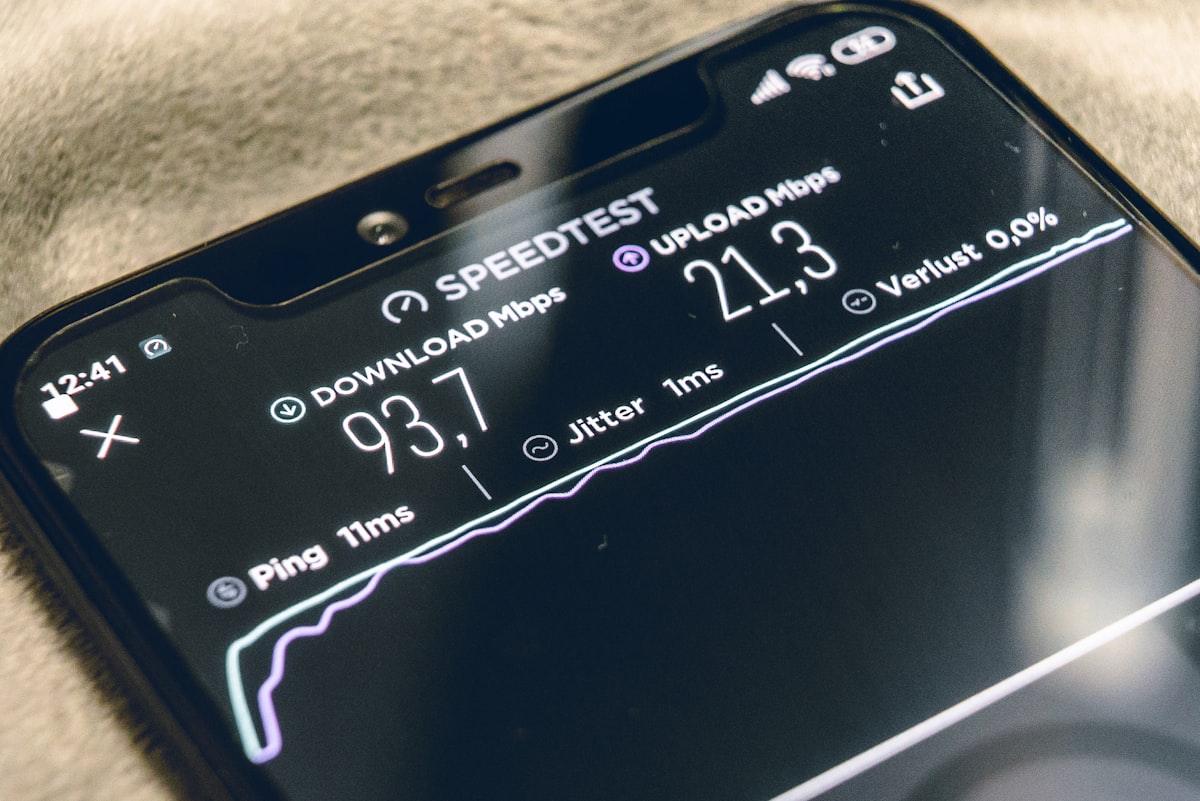Mexico, with 2nd most expensive mobile internet in Latin America
If you consider all of Latin America, the ranking places Mexico as the second most expensive, only surpassed by Bolivia.

Among the countries considered as Central America by the English company Cable, Mexico has the most expensive average price per one gigabyte (GB) of mobile internet. The study carried out between August and September of 2018, which includes mobile telephony packages that offer 1 GB, indicates that Guatemala has the cheapest mobile broadband, with an average of 4.53 dollars, and Mexicans payout 7.38 dollars.
If you consider all of Latin America, the ranking places Mexico as the second most expensive, only surpassed by Bolivia, where the average is $ 8.51. Most Mexicans have a cell phone service that offers only 1 GB. Figures from the Federal Institute of Telecommunications (IFT) to 2018 reveal that 63.1% of mobile phone users receive 1 GB of the internet, 20.5% have between 1 and 3 GB, and 16.4% have more than 3 GB.
The IFT said that the Report on Measurement of the Information Society 2018 of the International Telecommunications Union (ITU), which considers data to 2017, shows that Mexico is among the 10 countries in the continent with lower prices for internet packages mobile in plans from 500 megabytes to 1 GB.
In some cases, Cable's calculation of the price per GB can include the cost per SMS or telephone minutes and, according to the parameters of the study, "a user could have a lower average price per GB, but to access it he would have to make a higher down payment, which does not necessarily fit his purchasing power or consumption patterns. "
What is 1GB for
With that amount of data you can send one million 500 thousand WhatsApp messages, upload four thousand photos to social networks like Instagram, Facebook, or Twitter; send 10 thousand emails, spend 310 minutes watching content on YouTube or download 160 songs. Between 20% and 40% of the population with the lowest income in the country allocates 5% of their monthly perception to mobile services, reveals the study Taxes to Mobile Connectivity in Latin America by the firm GSMA.
Data from the IFT indicate that mobile telephony prices decreased by 43% between the second quarter of 2013 and the same period of 2018. So, why is it expensive to use the internet from a cell phone? Fernando Gutiérrez, director of the Humanities and Education Division of Tec de Monterrey CEM, explains that operators have a captive market.
"There is a group of captive people who are consuming data and who increasingly need more, and that's where the business is, there are no plans for those who do not have the possibility of a connection."
Figures from GSMA to 2017 place Mexico as the second country in the region with the highest number of subscribers, after Brazil. By 2025 it is expected that 72% of the population in the Republic will have access to mobile telephony and that 76% will have a smartphone.
The consumption of mobile internet is constantly growing. Latin Americans, including Mexicans, consumed 2.5 GB of mobile internet per month in 2017. By 2020 the figure will grow to 6.8 GB and by 2023 it will be 15.4 GB. In the country, 45% of people are not connected because there is no service in their area or they can not pay for it.
"There are no plans for people who still do not have access, what we did in previous years when it was very affordable for people to purchase prepaid or postpaid service to connect through a mobile device. and the plans have not been attractive enough for those who do not have access."
Jorge Bravo, the analyst at Digital Policy and Law, says that Cable's report is not clear; however, he argues that Mexico's connectivity figures are inflated because they account for mobile Internet access in public networks, schools, or work, where it is generally free.
"Then the consumption of mobile broadband, which is not mobile traffic, because that continues to grow, does not go so far as to increase the rates even lower". Another reason is that Mexico is not making such intensive use of mobile broadband and, therefore, the price does not fall.
"More and more Mexicans are connecting, but they do not necessarily have a data plan."
There is not a sufficient infrastructure for mobile broadband and that also increases the price. Although the internet is the only telecommunications service that does not pay taxes, it is part of service packages sold by the operators where VAT is applied and also IEPS to voice services. The Mobile Economy in Latin America and the Caribbean 2018 study conducted by the GSMA highlights that "mobile networks are the main democratizing of Internet access and should not suffer from tax burdens".
Those affected by these barriers are those who live in rural areas, women, low-income people, and young people. In Latin America, the cost of acquiring a cell phone and accessing 1 GB of data per month represents more than 5% of the resources available in all income groups, versus 1% in Europe and North America. In countries such as Mexico, access to ICT and the Internet is considered a constitutional right, the study states: "It is incompatible that at the same time it pays taxes as a luxury service." The Special Tax on Production and Services (IEPS) should be reconsidered "
An analysis by Deloitte reveals that if the IEPS is eliminated, the country can add 1.5 million new connections and contribute 4.5 billion dollars to the Gross Domestic Product (GDP): "Adopt the most basic mobile internet service represents 20% [of the poorest] population in the region 12% of their monthly income".




